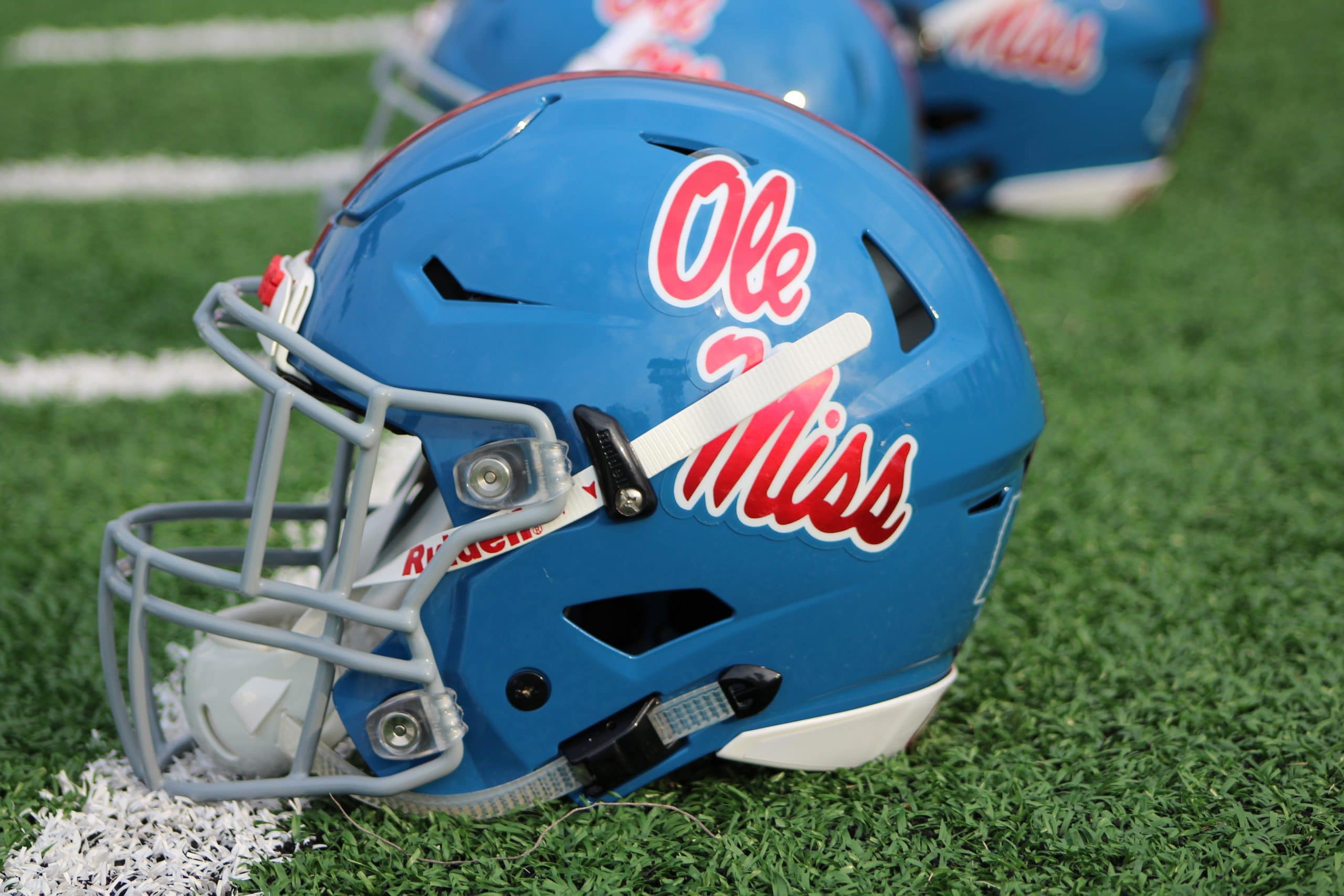Ole Miss was supposed to have their final ruling from the NCAA on Friday, but it appears that the case will continue. Despite five years since the investigation into the program began and more than 11 weeks since the meeting with the Committee on Infractions, we may have to wait up to six more months for a final ruling.
In the additional penalties listed by the NCAA, the Rebels will play the 2018 season under a bowl ban; just as they did in 2017. During a press conference on Friday, Ole Miss Chancellor Jeffrey Vitter stated that he feels the University didn’t receive due process and they will be “vigorously appealing” the bowl ban.
“It is simply not warranted and is based on fundamental flaws in the NCAA case and how the investigation was conducted. We will vigorously appeal the additional postseason ban. It is clearly an excessive punishment, and we are outraged at the unfair characterization of our football program and the university culture involving athletics.” Vitter said.
Chairman of the COI, Greg Robinson said that the case was brought on by a culture problem that has “existed at Ole Miss for decades.”
“This case strikes at the heart of what college sports stand for and it is the direct result of a culture where rules violations were an acceptable part of the Ole Miss football program. That culture has existed at Ole Miss for decades and continued through the investigation of this case. The University had prior cases in 1986 and 1994 with facts stingingly similar to this case.” Robinson said.
Athletic director Ross Bjork went on to say that using previous cases in the reasoning behind the bowl ban is excessive.
“We believe that today’s decision from the committee is an excessive application of the penalty structure, and the citing of previous University of Mississippi infractions cases from more than 30 years ago is not applicable to our current case. Considering that we are one of only three SEC institutions that went more than 20 years without a major infractions matter, this is a gross misapplication of the charge of lack of institutional control.” Bjork said.
In addition to the postseason ban, Ole Miss received a laundry list of additional penalties which can be seen below:
- Three years of probation from Dec. 1, 2017, to Nov. 30, 2020.
- A financial penalty of $5,000 plus 1 percent of its average football budget for three years, which was calculated at $179,797 (self-imposed by the university).
- A postseason ban for the 2017 (self-imposed by the university) and 2018 seasons.
- The head coach must serve a two-conference-game suspension for the 2018 season should any NCAA school hire him between Dec. 1, 2017, and Nov. 30, 2018.
- An eight-year show-cause order for the operations coordinator, during which he must not hold any athletically related duties or have contact with prospective student-athletes and their families.
- A five-year show-cause order for the assistant coach who facilitated standardized test fraud and living arrangements. He must not hold any athletically related duties during this time.
- A two-year show-cause order for the other involved assistant coach. During this time, he must not participate in off-campus recruiting activities or hosting any meals for prospects or student-athletes.
- A five-year show-cause order for the assistant athletics director. He must not participate in any recruiting activities during this time.
- Vacation of all regular-season and postseason wins in which ineligible student-athletes competed.
- Scholarship reductions through 2018-19, as detailed in the public report (self-imposed by the university).
- Recruiting restrictions, as detailed in the public report.
- Disassociation of boosters, as detailed in the public report (self-imposed by the university).”
The NCAA concluded that former head coach Hugh Freeze promoted a culture of compliance but did not follow through to enforce such a culture. ESPN’s Mark Schlabach tweeted that Freeze faced a one-year head coach suspension and a two-game suspension. Those penalties only apply if he were to accept a head coaching job. If Freeze were hired as a coordinator, they would not apply.




